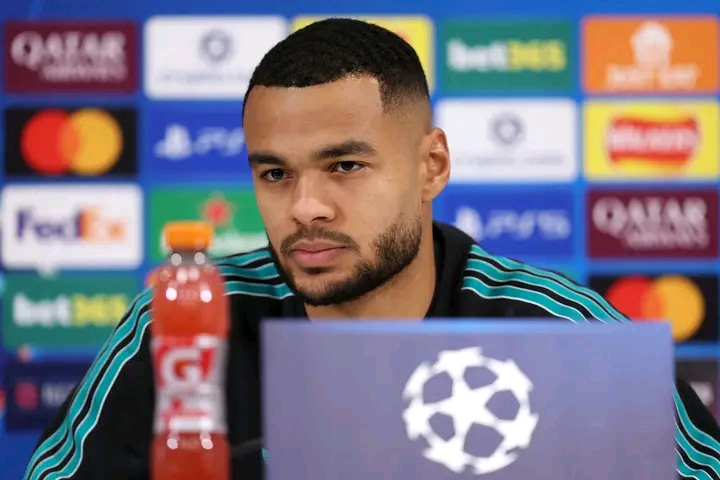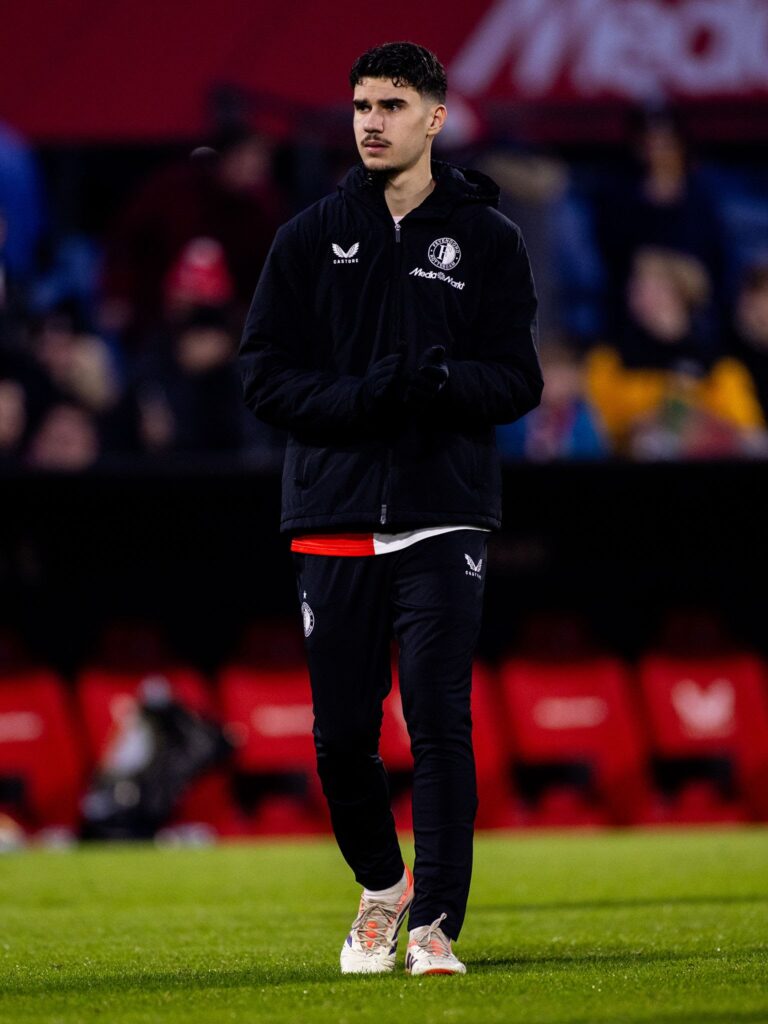
A major development in the ongoing debate surrounding college athletics is underway, as an amended version of a college sports bill is expected to be introduced in the U.S. House of Representatives in the coming days. This legislation, which has been under revision for several months, aims to establish a national framework governing how student-athletes can profit from their name, image, and likeness (NIL), while also addressing broader issues such as athlete compensation, health and safety standards, and oversight of college sports programs.
The updated bill is being led by a bipartisan group of lawmakers who have expressed concern about the growing patchwork of state laws related to NIL rights. These inconsistencies have created a competitive imbalance among universities and confusion for student-athletes, many of whom are unsure how to navigate their rights from state to state. The new legislation seeks to resolve that by creating uniform federal standards that would apply across all states and NCAA institutions.
According to aides familiar with the drafting process, the amended bill reflects input from a variety of stakeholders, including NCAA officials, university presidents, athletic directors, athlete advocacy groups, and current and former student-athletes. Key provisions in the legislation are expected to address not just NIL rights, but also minimum health and safety standards for athletes, requirements for financial literacy education, and enhanced transparency in recruiting and scholarship practices.
One of the most closely watched elements of the bill is how it handles revenue sharing or direct compensation for athletes beyond NIL. While some lawmakers have pushed for more expansive financial rights for players—especially those in high-revenue sports like football and basketball—others have warned that aggressive changes could undermine the collegiate model or lead to unintended consequences such as the elimination of non-revenue sports.
The amended bill reportedly strikes a more moderate tone, allowing schools to facilitate NIL deals but stopping short of classifying athletes as employees. This compromise reflects the broader tension that has dominated college sports policy in recent years: how to modernize the system without completely abandoning its amateur foundations.
Rep. Lori Trahan (D-MA), a former college volleyball player and a vocal advocate for athletes’ rights, has been one of the key figures in shaping the new version of the bill. In public comments, Trahan has emphasized the importance of fairness and protection for student-athletes, particularly those who do not go on to professional careers. “This bill is about giving athletes the rights, recognition, and respect they deserve—while still preserving the spirit of college athletics that millions of Americans love,” she said recently.
On the other side of the aisle, Rep. Gus Bilirakis (R-FL), who chairs the House Energy and Commerce Committee’s innovation subcommittee, has led Republican efforts to craft legislation that brings federal oversight to NIL but avoids government overreach. He has warned that failing to act could leave college sports vulnerable to chaos and litigation. “Without a national solution, the system will continue to be exploited and broken,” Bilirakis said in a recent hearing.
The timing of the bill’s introduction is significant, coming amid increased pressure on Congress to intervene. The NCAA has repeatedly called for federal legislation, especially as court rulings and state laws continue to challenge its authority. Just last year, the NCAA lost a key antitrust case in the Supreme Court, which opened the door to broader legal challenges.
Additionally, there is growing momentum around athlete unionization efforts, including recent moves by the National Labor Relations Board to consider classifying some college athletes as employees of their schools. If successful, such initiatives could radically alter the relationship between student-athletes and their institutions, making the need for a coherent federal policy even more urgent.
Whether the amended bill will ultimately pass remains uncertain. Similar efforts in recent years have stalled due to partisan divides, disagreements over how far the reforms should go, and lobbying from powerful stakeholders in the college sports world. However, the current version appears to have broader support than previous attempts, with several lawmakers on both sides indicating a willingness to compromise.
As the bill is formally introduced and makes its way through committee discussions, the college sports community will be watching closely. Athletes, schools, and fans alike understand that the future of college athletics could hinge on what happens in the halls of Congress over the next few months.






